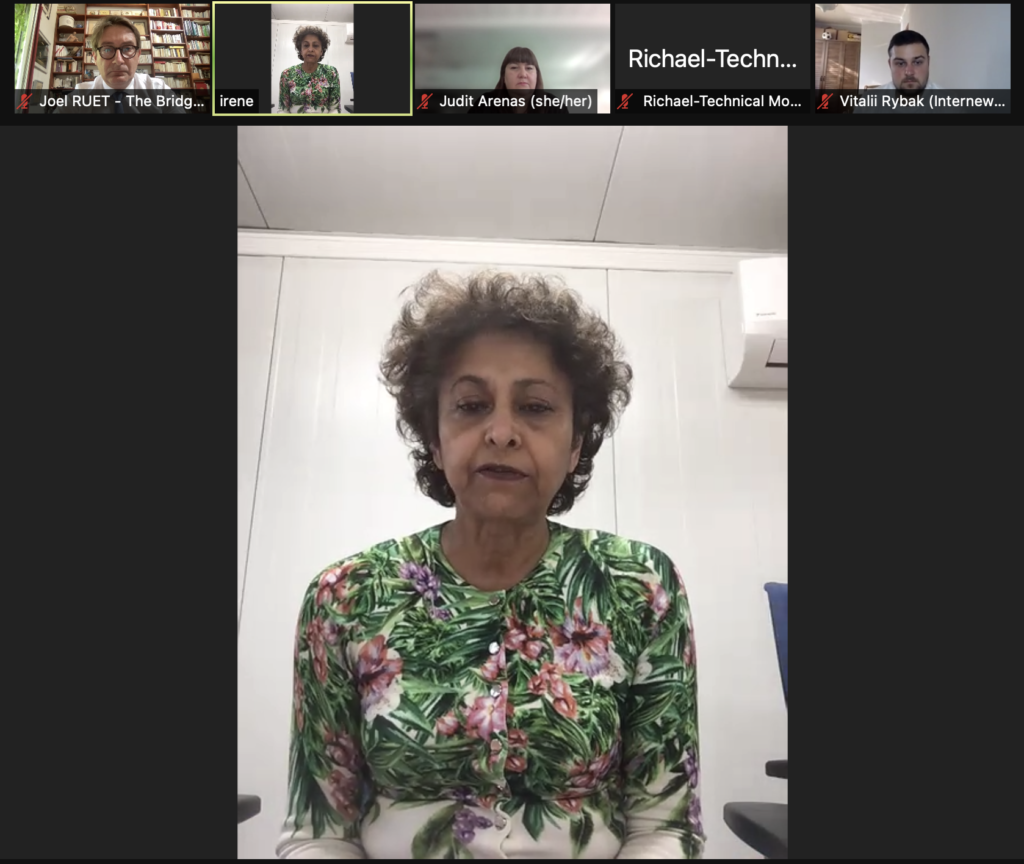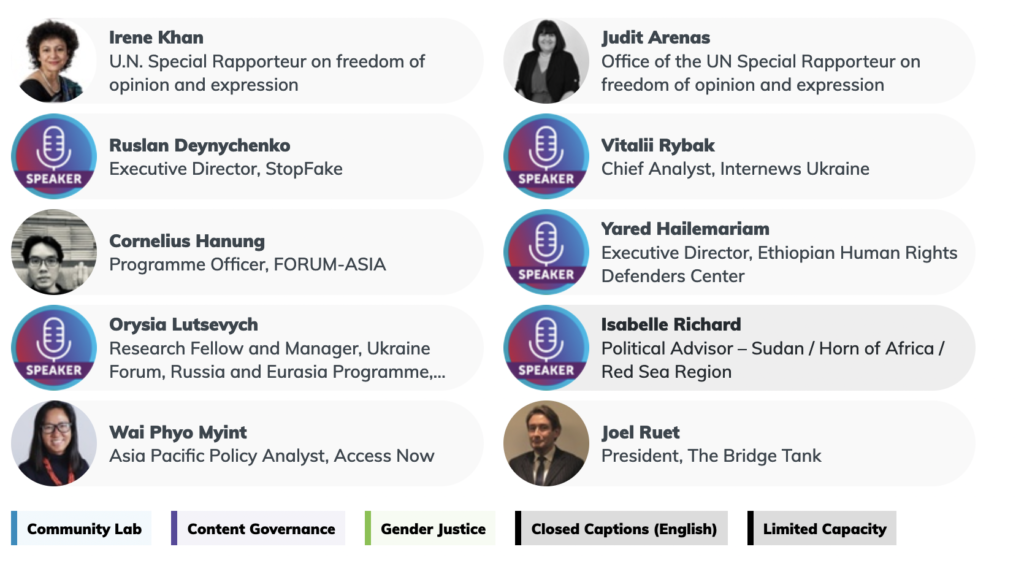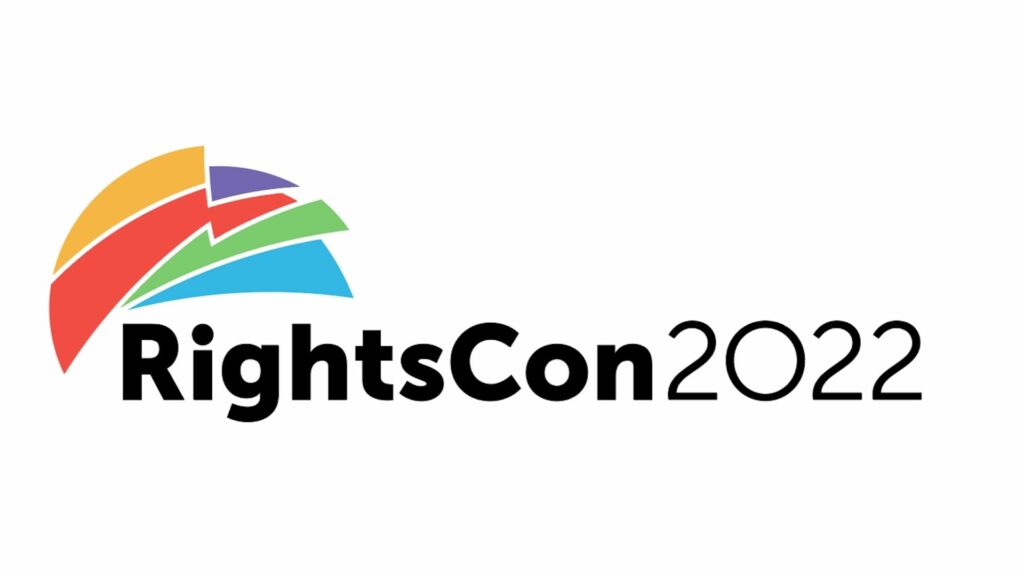At the invitation of Irene Khan, UN Special Rapporteur on the promotion and protection of freedom of opinion and expression, Joel Ruet, President, The Bridge Tank, participated in an online discussion on the latest report by the UN Special Rapporteur to the UNGA, focusing on misinformation and situations of conflict, including the impact of internet shutdowns.
The session, which took place in virtual format on June 8, 2022 during RightsCon 2022, allowed for discussions on the impact of disinformation and misinformation in situations of conflict, including Ukraine, Russia, Ethiopia and Myanmar, and the impact this has on democracy and peace worldwide. Joel Ruet contributed to the discussion by addressing the example of Russia’s actions in Mali.
During the discussions, Irene Khan noted that propaganda, disinformation, and fake news create a “situation where the West is opposed to the rest of the world, whilst human rights are universal and should be something we are working on collectively.”


Following the annual RightsCon Summit, from June 6-10 2022, the UN Special Rapporteurs issued a joint statement:
“Digital platforms and tools play an integral and growing role in crises, conflicts, and war. Communities displaced by war, famine, natural disasters and climate change, as well as marginalized individuals and groups, rely on such platforms to stay connected, access up-to-date and life-saving information, and connect with humanitarian agencies to receive emergency assistance. Such platforms are also a key tool for community organizing, peace-building, as well as participation in and access to justice and accountability processes. The experts specifically raised concerns about shrinking civic space and rising digital authoritarianism through internet shutdowns, targeted surveillance, cyber and physical attacks on critical broadcast and communications infrastructure, the use of drones by domestic law enforcement, as well as disinformation and smear campaigns, particularly during such crises — stressing the need for accountability under international law.
The experts also called attention to the radical impact of digital technologies on any humanitarian response. They highlighted the dependence on digital identity programs – particularly the collection of sensitive biometric data as a condition to access humanitarian aid – despite dangers to human rights as illustrated recently in breaches, data loss, and the exclusion of at-risk communities. They implored humanitarian actors to account for human rights impacts to ensure that digital solutions do not cause further harm to those most vulnerable.
They noted the role and responsibility of the tech sector and concern over content moderation policies and practices that continue to disproportionately target individuals, groups and communities that are already marginalized, discriminated against, and oppressed, especially during times of crises, conflict and war. Online trolls — sometimes sponsored by governments — are attacking the most vulnerable and marginalized, often through hate speech. Spreading disinformation and hatred online is a tactic often used by oppressive governments to justify persecution of minorities and dissenting voice, online and off. It is integral for companies to engage with civil society and human rights advocates on the ground to fully understand potential human rights consequences and solutions.
We will continue documenting the intersection of technology and human rights within our mandates, particularly in preparation for our upcoming reports to the United Nations Human Rights Council and General Assembly.”


